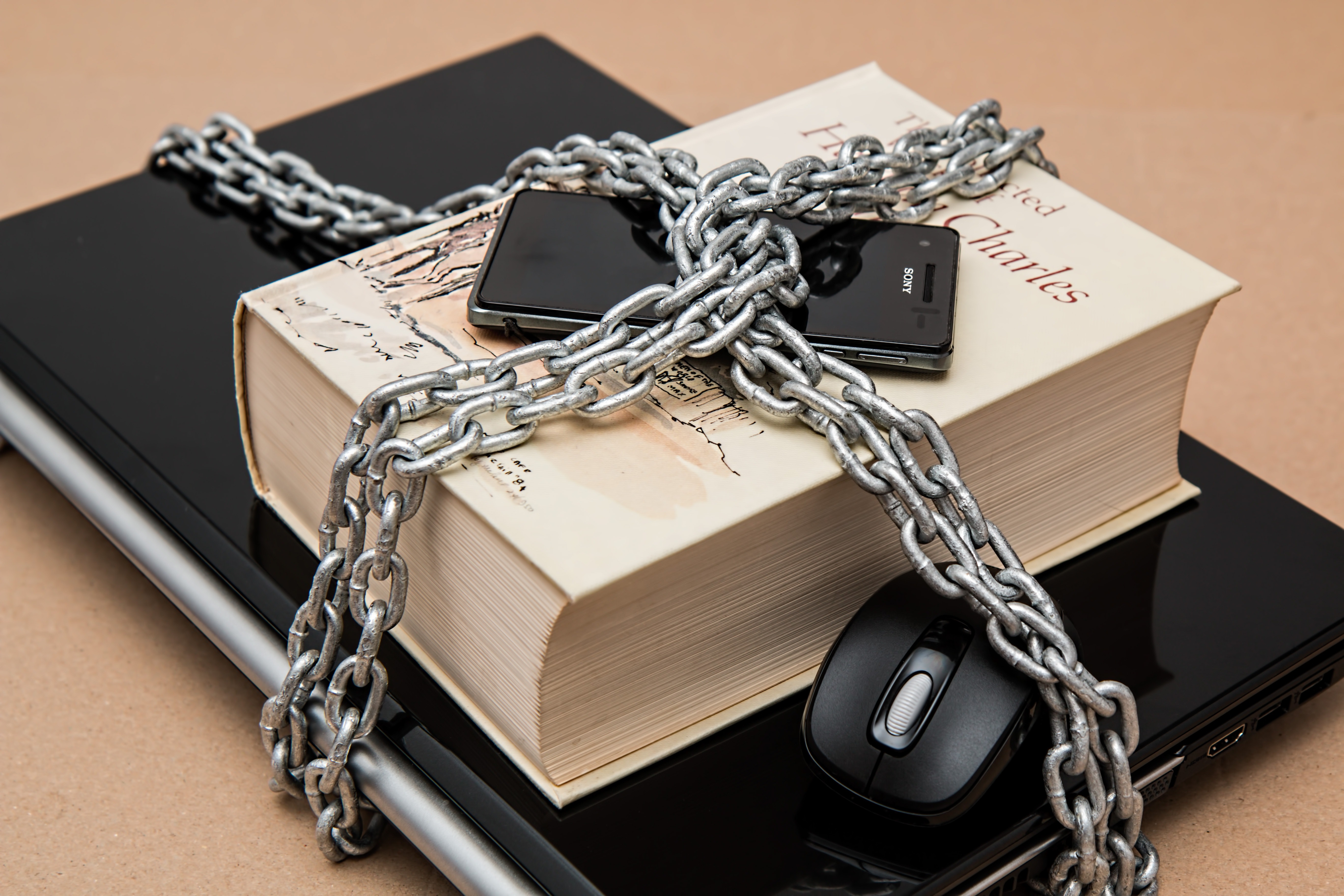1. Back Up Your Data
Backing up your information protects you in the event of a PC crash or electrical blackout, similar to a lightning storms may produce. It also helps on the off chance that you fall prey to the more current sort of ransomware, which encrypts your delicate information. You can do your back-up manually by transferring important documents to an external hard drive, or utilizing a service like Carbonite. On the off chance that you don’t have a lot of information to store, utilize a service like Dropbox, where you get 2GB of capacity free of charge.
2. Avoid Deals That Are Too Good to Be True
On the off chance that you see a deal for 90% off the latest IPhone, it is probably a knock off phone. Even worse, some websites are known to draw clients in with an astounding deal, and once they have your card information they’re never heard from again – your identity might be compromised and there’s not in any case an item to show for it. The simple principle here is: If it looks too good to be genuine then it probably is.
3. Never open unknown emails
Never open an email from an obscure or suspicious source, and unquestionably never open any links contained in them. You must be cautious about messages originating from individuals on your contact list also, particularly if the sender’s record has been hacked. In the event that an email from somebody you routinely speak with has a suspicious link and strange content, delete it and immediately alert the individual that his or her record may have been endangered. This will enable you to forestall hacking and phishing tricks where you might be an objective.
4. Never Unveil Sensitive Data
Regardless of what site you’re on be watchful about the sensitive data you uncover. Despite the fact that common knowledge not to give out your Social Security number or credit card information unless you confide in a site completely, you ought to be similarly as cautious with your social media profiles also. Giving out information as innocent as your first car or name of your first grade teacher could prompt fraud, since you most likely utilize the same information for the security question on some other site.
5. Check Your Firewall
Checking your firewall sounds hard, yet it truly isn’t. In the event that you possess a Windows-based framework, simply go to your control panel and type “firewall” in the search box. In the event that your firewall is “on” or “connected,” you’re ready. On the off chance that you have a Mac, tap the Apple l on your toolbar, go to ” system preferences,” then “security,” then “firewall.” Making sure you have a firewall set up can go far toward keeping criminals out. Ensure that you share some of your folders only on the home network. In the event that you don’t generally require your records to be noticeable to different machines, disable file and media sharing completely.
6. Stay Away From Rebel Websites
Detecting a rebel site can be troublesome, however, there are a couple of things you can do to sharpen your abilities. Search for a green secure or lock in the location bar and the code prefix “https://” toward the start of the URL while visiting banking sites, entering your credit card data or getting to your webmail. Be cautious when shopping on a site that ships things from abroad, and don’t click on links sent to you in email messages, go specifically to the site itself.
Conclusion
The best ways to keep your computer protected are backing up your data, avoiding scams, not opening unknown emails, not revealing your private information, checking your firewall, and staying away from fake websites. If you feel like you may have fallen victim to cyber crime, call Rush Tech Support 844-880-7874 (RUSH) for a complimentary threat inspection.




